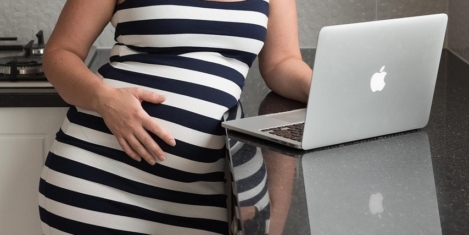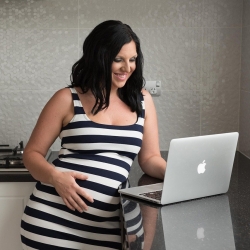To provide the best experiences, we use technologies like cookies to store and/or access device information. Consenting to these technologies will allow us to process data such as browsing behaviour or unique IDs on this site. Not consenting or withdrawing consent, may adversely affect certain features and functions.
The technical storage or access is strictly necessary for the legitimate purpose of enabling the use of a specific service explicitly requested by the subscriber or user, or for the sole purpose of carrying out the transmission of a communication over an electronic communications network.
The technical storage or access is necessary for the legitimate purpose of storing preferences that are not requested by the subscriber or user.
The technical storage or access that is used exclusively for statistical purposes.
The technical storage or access that is used exclusively for anonymous statistical purposes. Without a subpoena, voluntary compliance on the part of your Internet Service Provider, or additional records from a third party, information stored or retrieved for this purpose alone cannot usually be used to identify you.
The technical storage or access is required to create user profiles to send advertising, or to track the user on a website or across several websites for similar marketing purposes.
 IPSE (the Association of Independent Professionals and the Self-Employed), the Creative Industries Federation and other organisations representing freelancers have written an open letter calling on Prime Minister Boris Johnson for a Temporary Income Protection Fund to support the self-employed during the Coronavirus crisis. (more…)
IPSE (the Association of Independent Professionals and the Self-Employed), the Creative Industries Federation and other organisations representing freelancers have written an open letter calling on Prime Minister Boris Johnson for a Temporary Income Protection Fund to support the self-employed during the Coronavirus crisis. (more…)






 How supportive are you of your employees’ wellbeing? New research from
How supportive are you of your employees’ wellbeing? New research from 




 Working in multidisciplinary teams makes work more enjoyable and means that customers receive a better service claims new research from
Working in multidisciplinary teams makes work more enjoyable and means that customers receive a better service claims new research from 









 The number of women aged between 60 and 64 in work has increased by 51 percent since the 1995 Pensions Act came into effect which increased the female state pension age from 60 to 65 since 2010, claims research from
The number of women aged between 60 and 64 in work has increased by 51 percent since the 1995 Pensions Act came into effect which increased the female state pension age from 60 to 65 since 2010, claims research from 







March 19, 2020
Will coronavirus mean the death of the office?
by Mark Eltringham • Comment